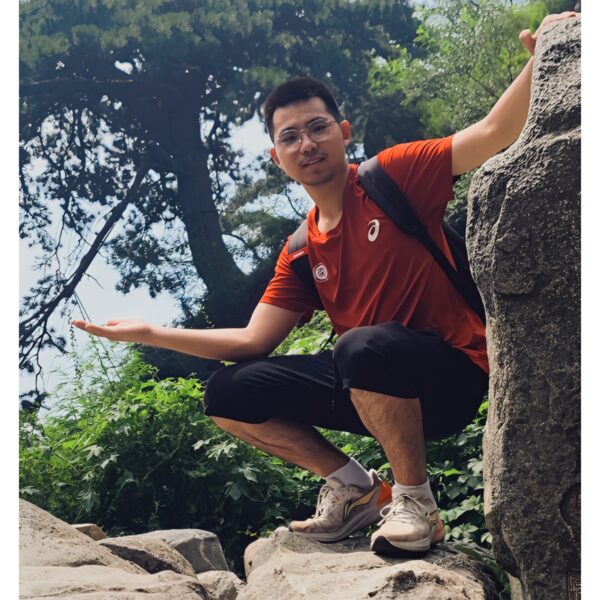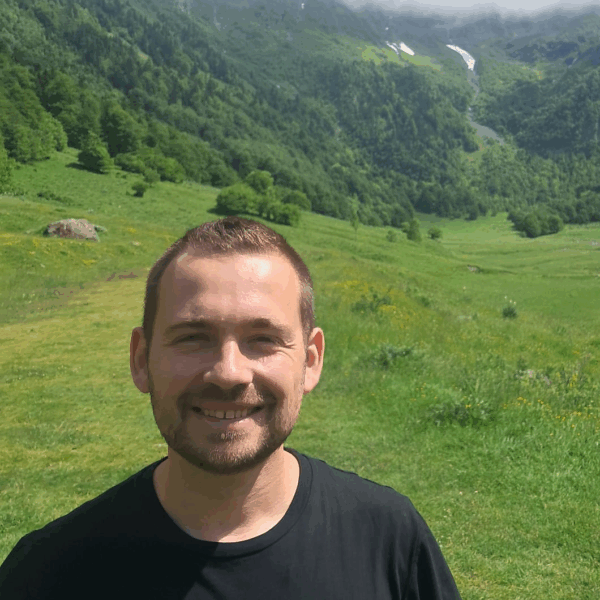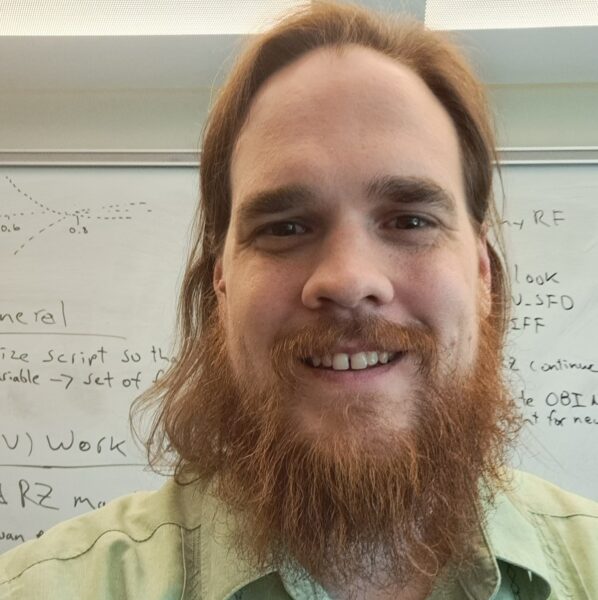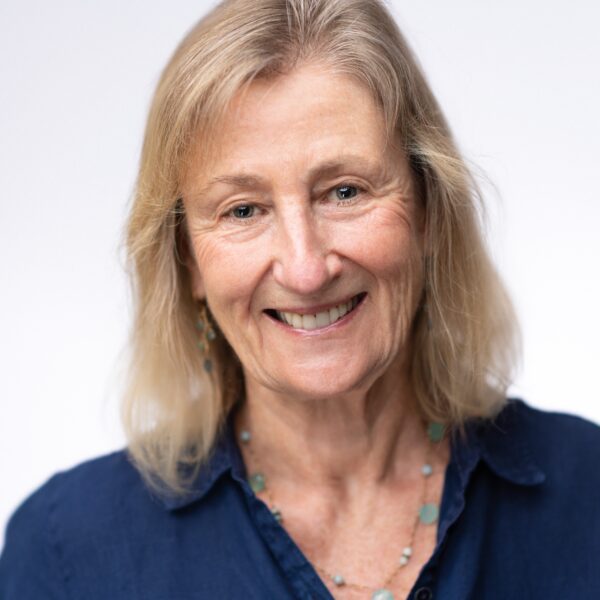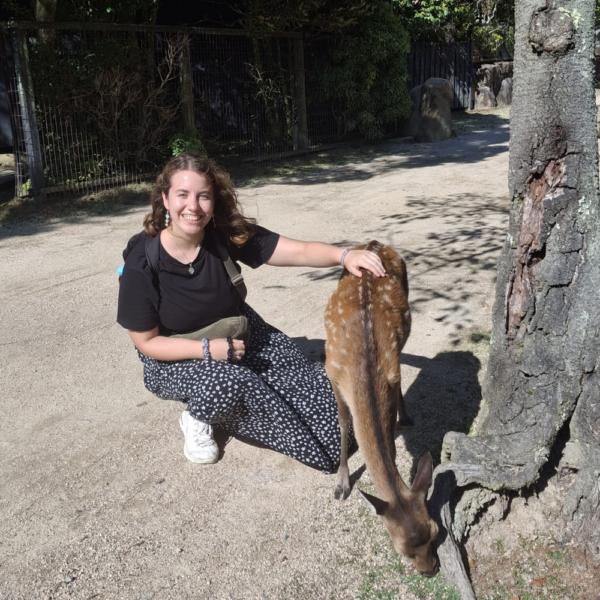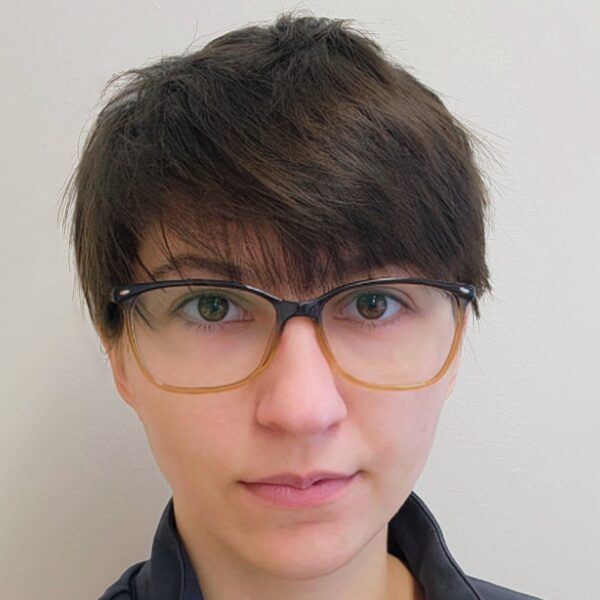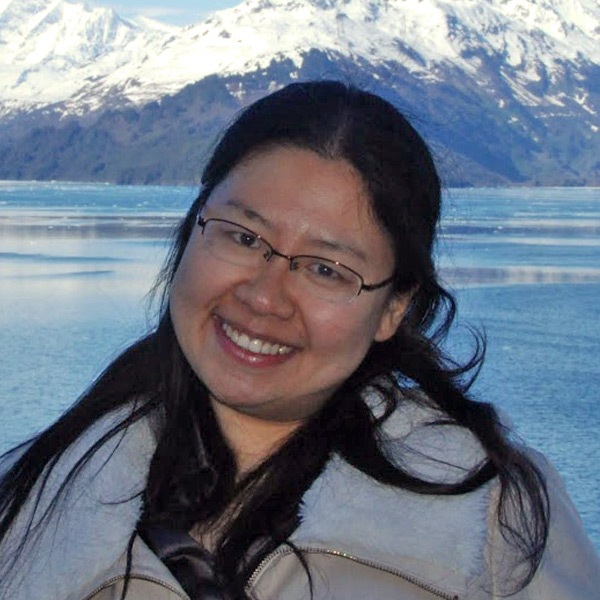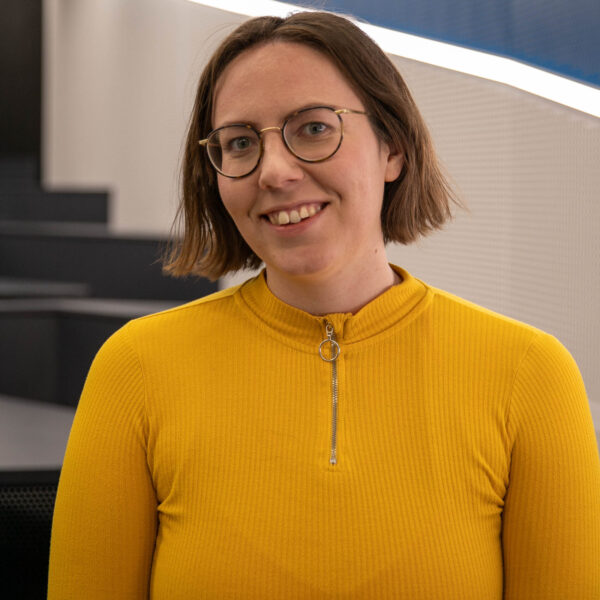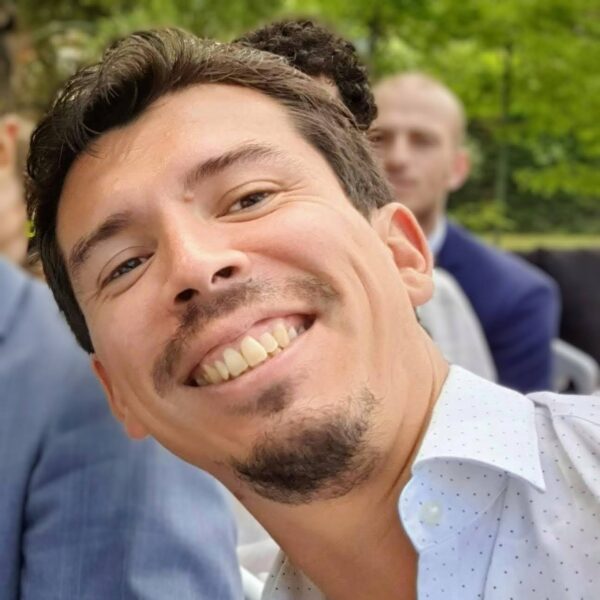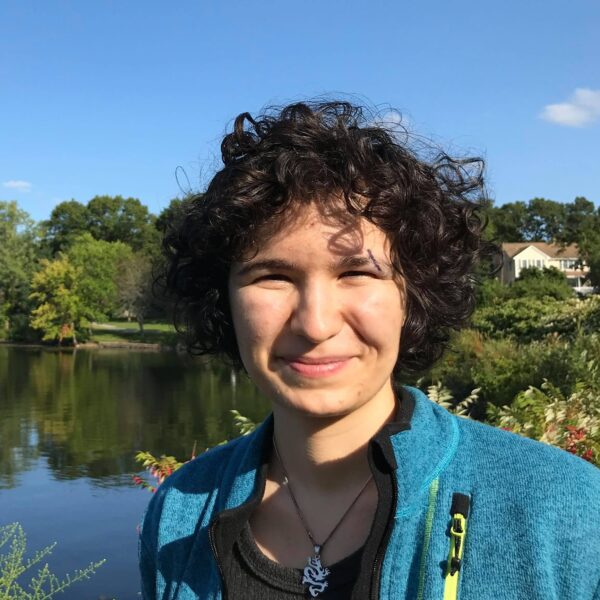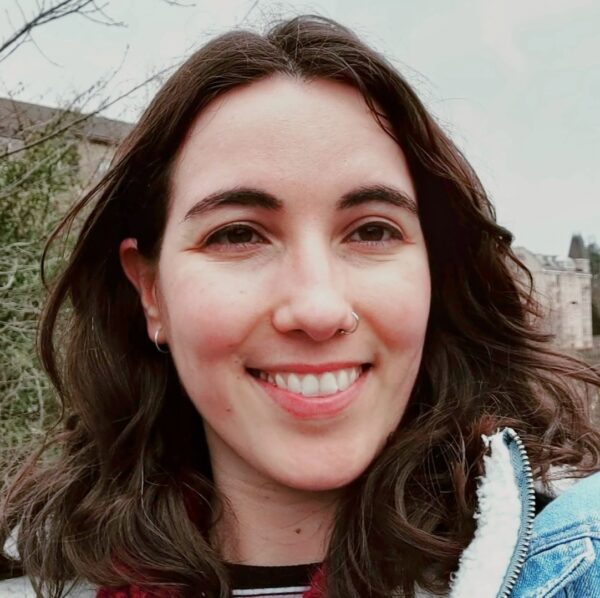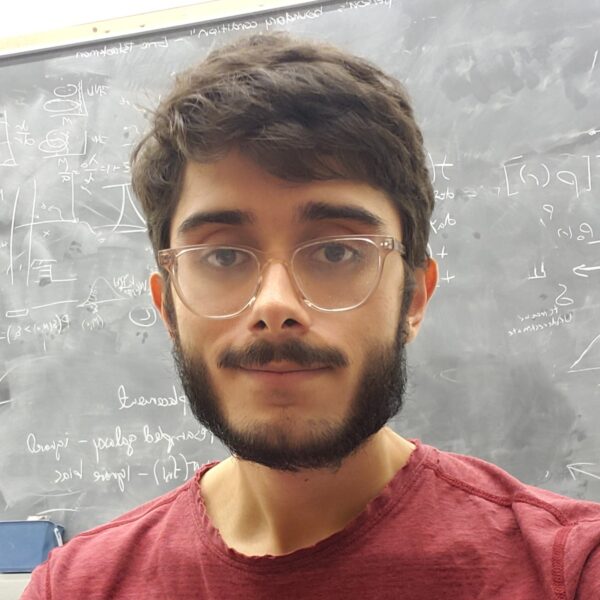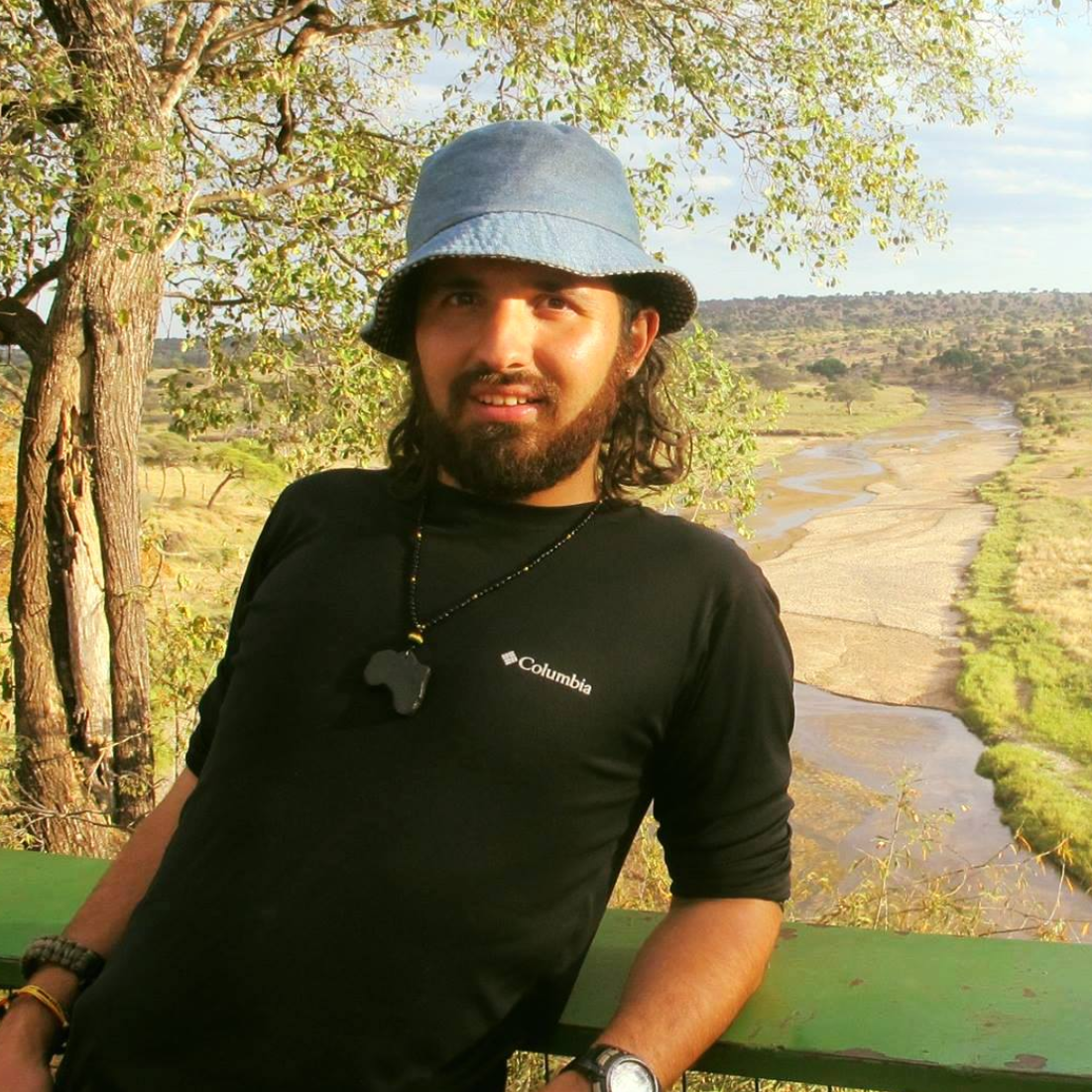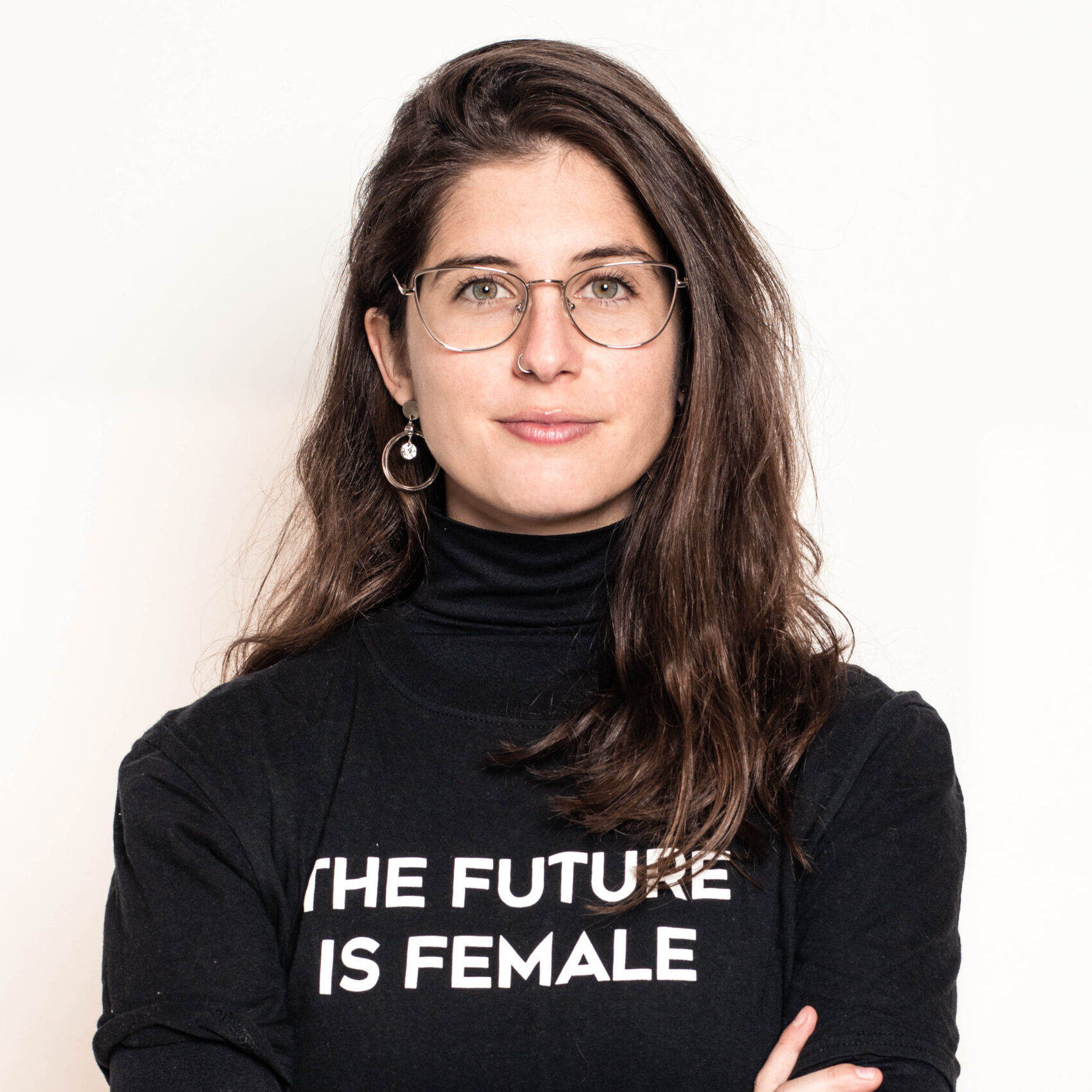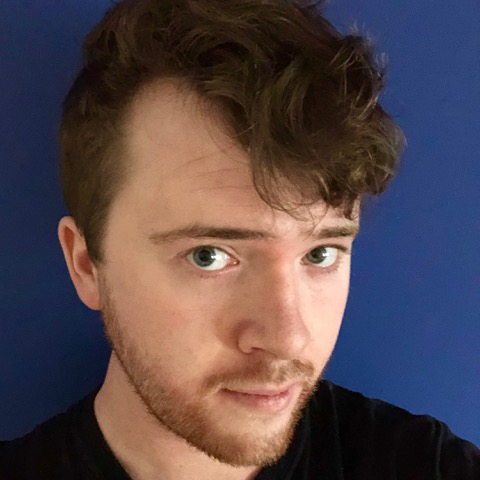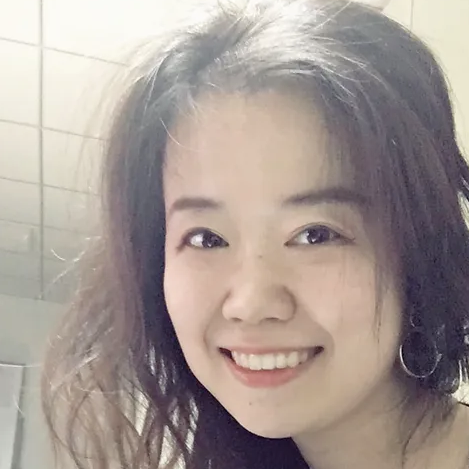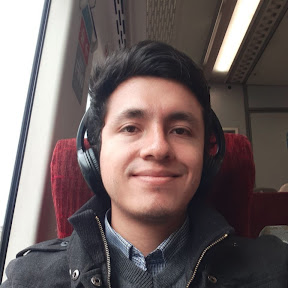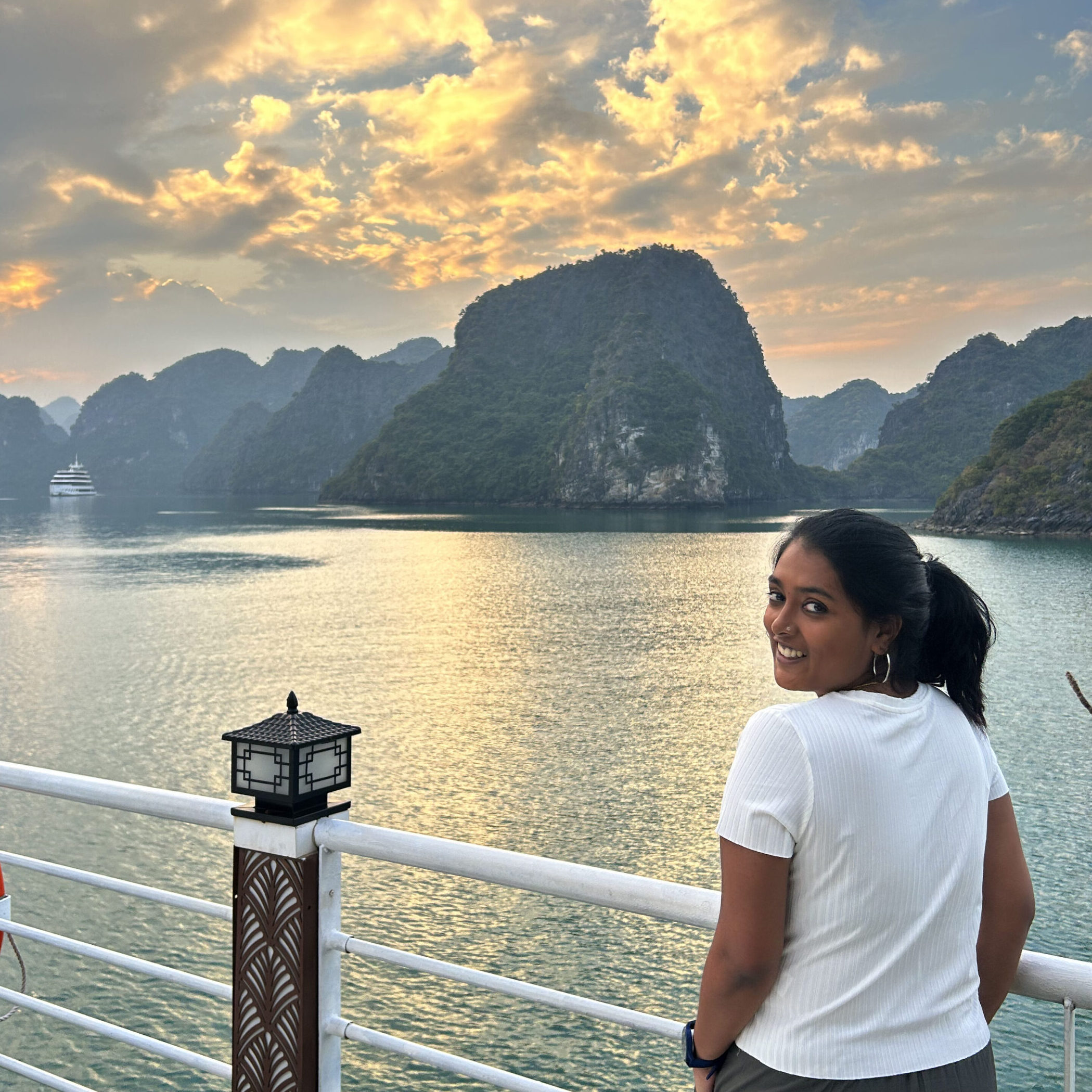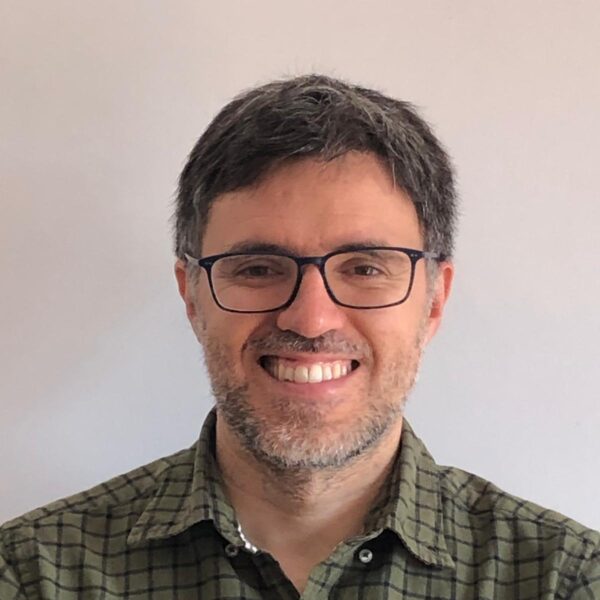
What is your position or role in the DESI project?
Over the years, I had different roles in the DESI project. For example, I was the co-chair of the Image Validation Task Force that validated the images that were used afterwards to target galaxies. In the last three years I was a member of the Education and Public Outreach Committee from which I am now stepping down. I am currently doing science in the Clustering, Clusters, and Cross-correlation working group.
Where were you born?
I was born in Barcelona.
Where do you live now?
I currently live in Barcelona. I was lucky to get a faculty position at a university in the city where I was born. I lived more than ten years abroad though, before coming back.
What do you do as part of DESI?
I am looking at gravitational redshifts. The light of the galaxies that live at or near the center of dark matter halos suffers a colour shift when it gets out of the halo due to the pull of gravity. This shift in colour is called gravitational redshift and could tell us a lot of information about the dark matter halos and about the validity of General Relativity. I am currently measuring gravitational redshifts from DESI galaxies.
What is the most interesting or exciting thing about your job?
The most exciting thing is being able to contribute to the advance of science, answering the most fundamental questions in cosmology and fundamental physics.
Any advice for an aspiring scientist?
Ask questions. Ask more questions. Follow the path of your curiosity. Work with other people to get your answers. I would also add that learning to code is quite important. Being a scientist takes a lot of dedication and it usually requires moving cities a few times before settling in a place, but it is rewarding too.
What do you do for fun?
I play with my four year old son. I help a local boys and girls scouts group. I discuss theology with friends. I read fantasy novels.
If you weren’t a scientist, what would be your dream job?
My dream job is to be a scientist! I’m very fortunate because I have wanted to do what I am doing now since I was twelve. If I were not a scientist I would probably be a high school teacher, a philosopher or a theologian.
What excites/interests you most about DESI?
It is wonderful to work with so many people and ideas. DESI might have given the first serious hint that dark energy, the energy that causes the expansion of the universe, might not be constant over time. This is very exciting!

